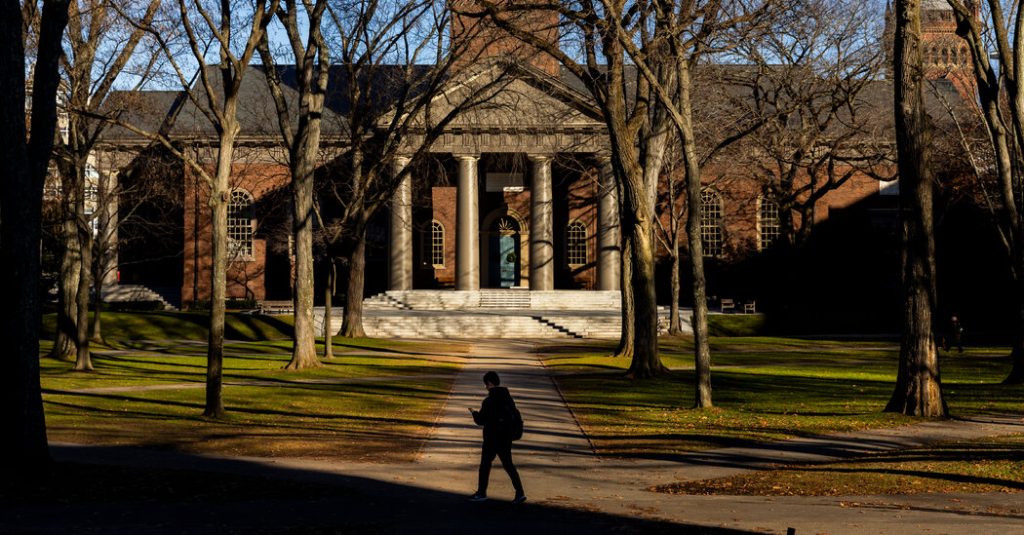Critics of standardized testing have raised concerns about inequality, with wealthier students often having access to expensive tutoring services that boost their scores. However, recent studies have shown that test scores can predict college success better than high school grades due to issues like grade inflation. Despite this, some researchers argue that when wealth is factored out, test scores are not inherently superior to high school GPAs. Over 1,850 schools are now test optional, including institutions like Michigan, Vanderbilt, Wisconsin, and Syracuse, with exceptions like the University of North Carolina system, which may require testing for students with lower GPAs.
Harvard recently announced that it would no longer require standardized test scores for admissions, although the decision will be reviewed periodically. Test scores will be considered alongside other aspects of an applicant’s profile, such as experiences, skills, contributions to communities, and references. Admissions officers will also evaluate scores in the context of the student’s high school environment, recognizing that not all students have equal opportunities to prepare for standardized tests. The goal is to create a fairer and more holistic evaluation process for all applicants.
The Opportunity Insights analysis, which highlighted the potential benefits of standardized testing in predicting college success, has faced criticism from other researchers. Some argue that test scores do not necessarily outperform high school GPAs when wealth is accounted for. Despite this debate, the majority of colleges have moved towards a test-optional approach, acknowledging the limitations and biases associated with standardized tests. Schools like Harvard are working to balance the value of test scores with the need for a more comprehensive evaluation of applicants.
Many institutions, including Harvard, have adapted their admissions policies to be more inclusive of students from diverse backgrounds and socioeconomic circumstances. Recognizing that not all students have had equal access to test preparation resources, colleges are reassessing the role of standardized tests in admissions decisions. By considering a wide range of factors beyond just test scores, schools hope to identify potential for success in all applicants, regardless of their test performance. This shift reflects a broader movement towards more equitable and student-centered admissions practices in higher education.
Critics like Robert Schaeffer of FairTest argue that eliminating the role of wealth reveals limitations in the predictive power of standardized tests. He points to the fact that some scholars believe test scores are not significantly better than high school GPAs when wealth disparities are taken into account. Despite these critiques, many schools continue to move towards test-optional policies, recognizing the need to address systemic inequalities in access to test preparation resources. Institutions like Harvard are striving to create a more level playing field for all applicants, by considering a wider range of factors in the admissions process.
Harvard’s decision to go test-optional reflects a shift in attitudes towards standardized testing in college admissions. By reassessing the role of test scores and emphasizing a more holistic evaluation of applicants, schools are responding to concerns about inequity and bias in the admissions process. Moving towards a more inclusive approach that considers a broad range of factors beyond test scores, colleges like Harvard are working to create a fairer and more equitable admissions process that recognizes the talent and potential of all applicants, regardless of their test performance.


